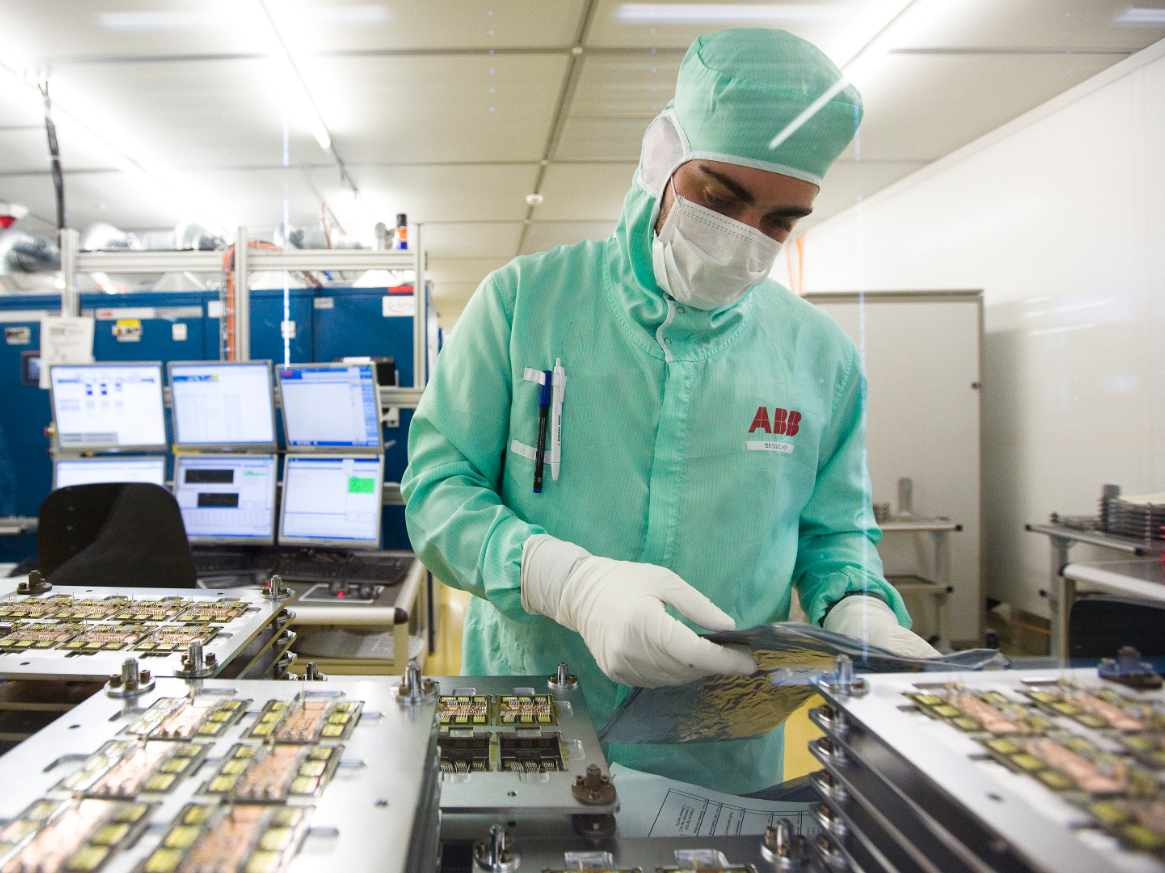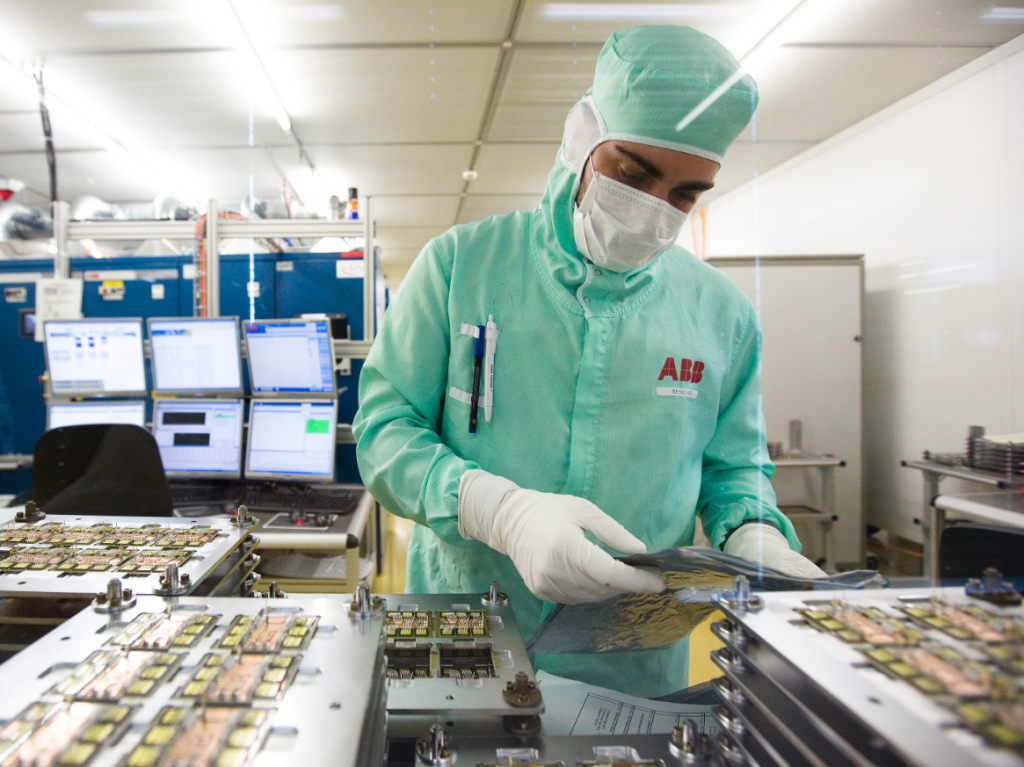
REUTERS/Michael Buholzer
- Chip makers in Oregon are hiring college students to ramp up production, The Oregonian reported.
- A massive semiconductor shortage has hit the production of cars, computers, and phones.
- Intel is even airing job ads during Sunday Night Football, The Oregonian reported.
- See more stories on Insider's business page.
Chip makers in Oregon, including industry giant Intel, are hiring students who are still at college and airing TV ads to attract workers and so they can meet soaring demand for their products, The Oregonian reported.
Intel aired ads during the Portland telecast of Sunday Night Football, per the report. The commercials featured jobs that only needed a high school diploma, and Intel spokeswoman Elly Akopyan told the publication the ads were designed to show that jobs at Intel were accessible.
"I think a lot of people have this misconception that Intel is this black box or that Intel is only hiring people with a master's degree or a Ph.D.," she said. Around 10% of Intel's 21,000 Oregon employees have a Ph.D., the publication reported.
The company is hiring people who are still in college, too. Austin Robertson, who previously worked at Safeway and at a jail, switched careers and is studying for an associate degree in electronics manufacturing at Portland Community College. He told The Oregonian that Intel hired him as a technician in the summer, and that he was fitting his college classes around his job.
Intel isn't alone. The Oregonian reported that manufacturing equipment supplier Lam Research hired first-year electronics students at Portland Community College as part-time staff to meet increased worker demand.
"It seems like every other week I get a call that says, 'I could hire 100 people right now,'" Eric Kirchner, chairman of the college's microelectronics department, told The Oregonian.
The report comes amid shortages of both labor and of semiconductors in the US.
The US is suffering from a huge labor shortage as people leave low-paying jobs for roles with better wages, benefits, and working conditions. Businesses ranging from ride-hailing apps and restaurants to hotels and delivery services are struggling to find workers.
Data from the Bureau of Labor Statistics (BLS) shows that unlike many other industries, employment in computer and electronic-product manufacturing has stayed relatively steady during the pandemic, and has risen every month in 2021 so far. Meanwhile, demand for semiconductors has soared: Global sales grew 6.5% in 2020, according to the Semiconductor Industry Association, and there's currently a massive semiconductor shortage, affecting the production of cars, computers, and phones.
Oregon has a huge semiconductor industry. The computer and electronics industry had the state's biggest manufacturing output in 2019, producing goods worth $16 billion, according to the National Association of Manufacturers.
Intel is the state's largest corporate employer, The Oregonian reported.
Chip manufacturers in the state are ramping up hiring, The Oregonian reported. Lam Research has added 1,000 jobs in the past 18 months at its site in Tualatin, and plans to add a further 300 at a new factory this fall. Intel is adding hundreds more jobs when it expands its Hillsboro factory next year, the publication reported.
"We need to create a pipeline of manufacturing workers to come work for us," Intel's Akopyan said.
